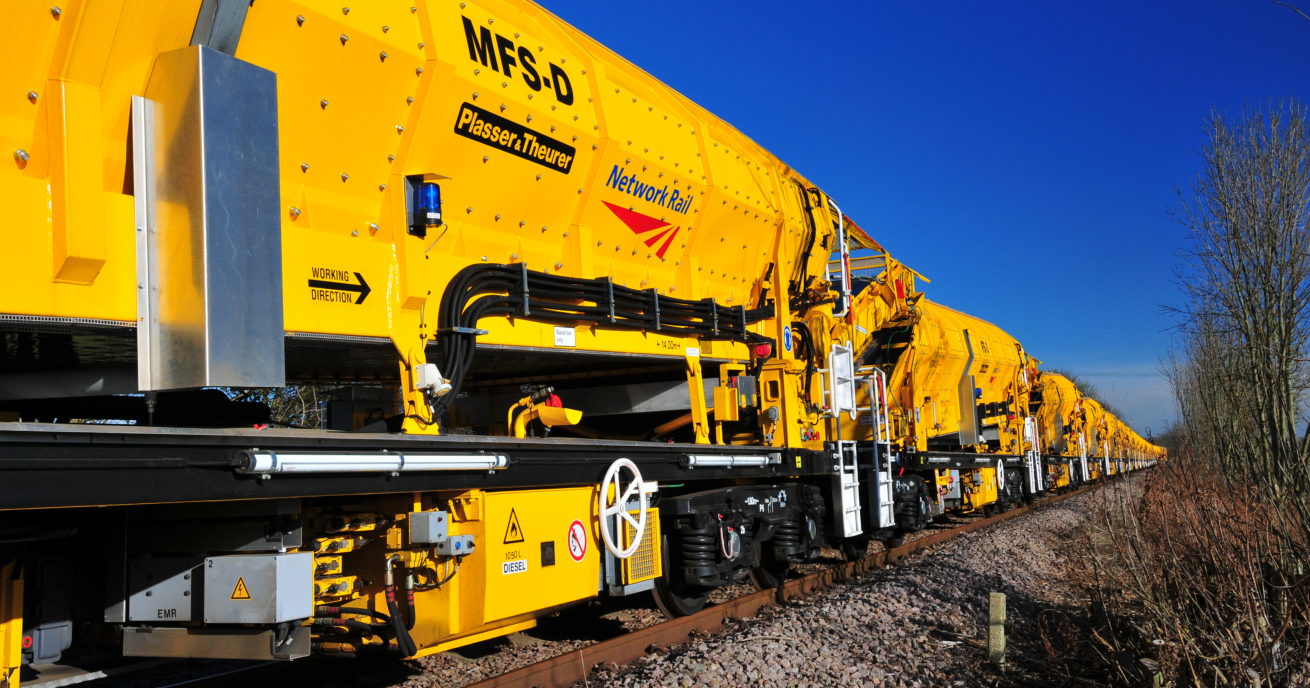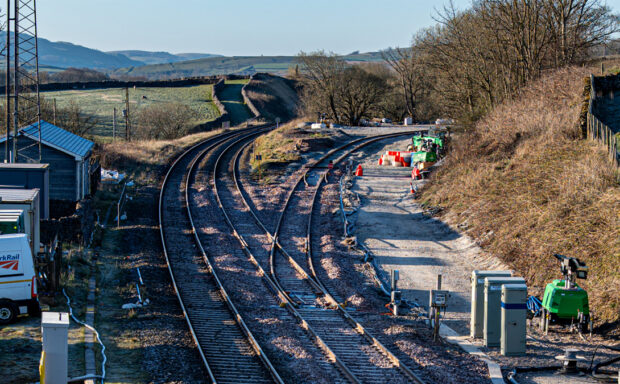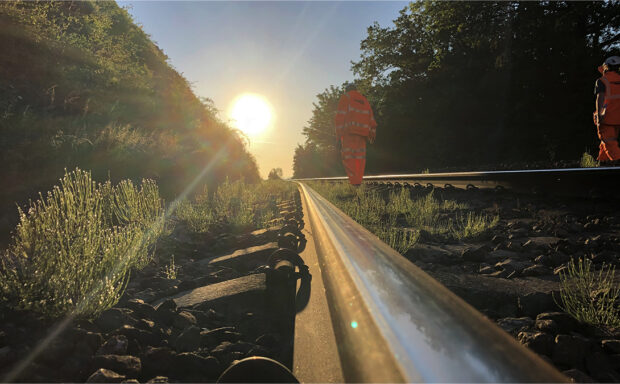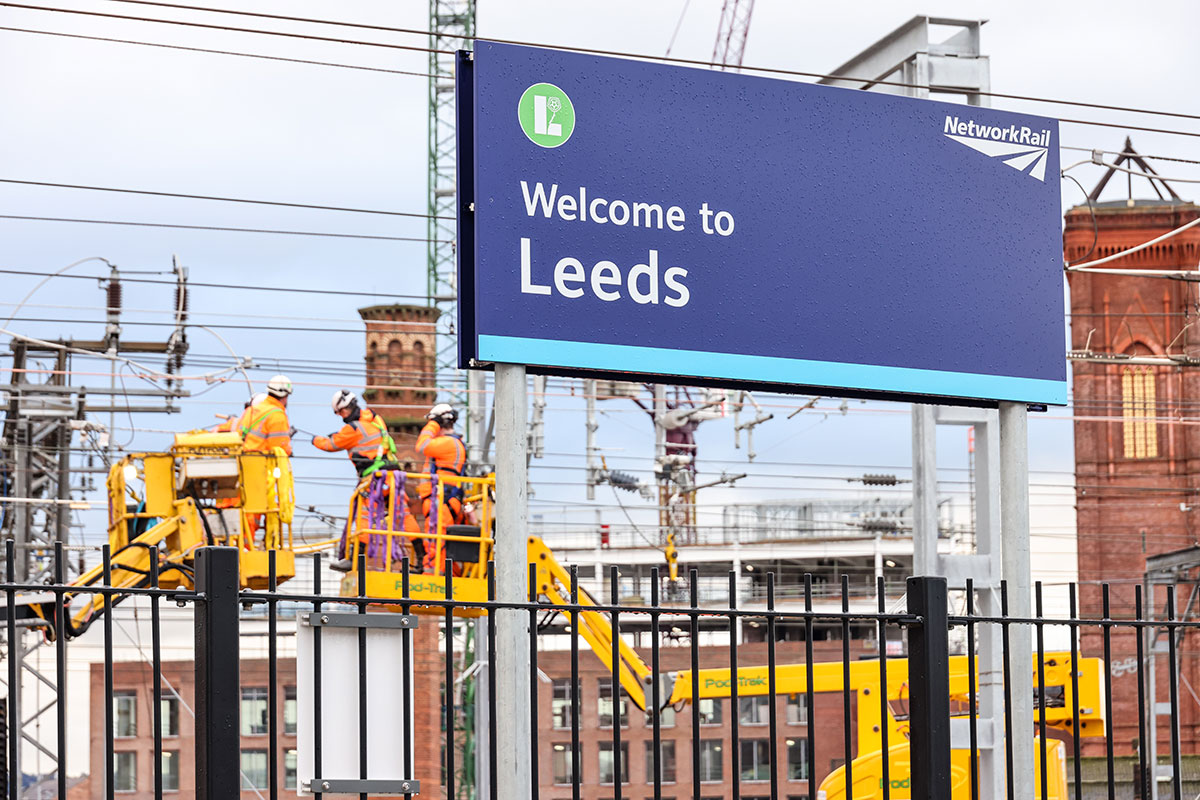It’s just weeks until our next round of bank holiday upgrades, when our teams will work around the clock.
Planned engineering work that will lead to more reliable infrastructure and improved facilities will take place from Saturday 24 to Monday 26 August inclusive. This will enable better journeys for passengers.
We will carry out significant work between Peterborough and Cambridge and London King’s Cross, London St Pancras International and Moorgate stations.
We will also use a planned closure of the East Coast Main Line for the first time in 20 years as part of a huge project to improve travel into King’s Cross.
Most of the country’s services will remain unaffected but there will be significant changes to some routes’ normal services so we advise passengers plan ahead.
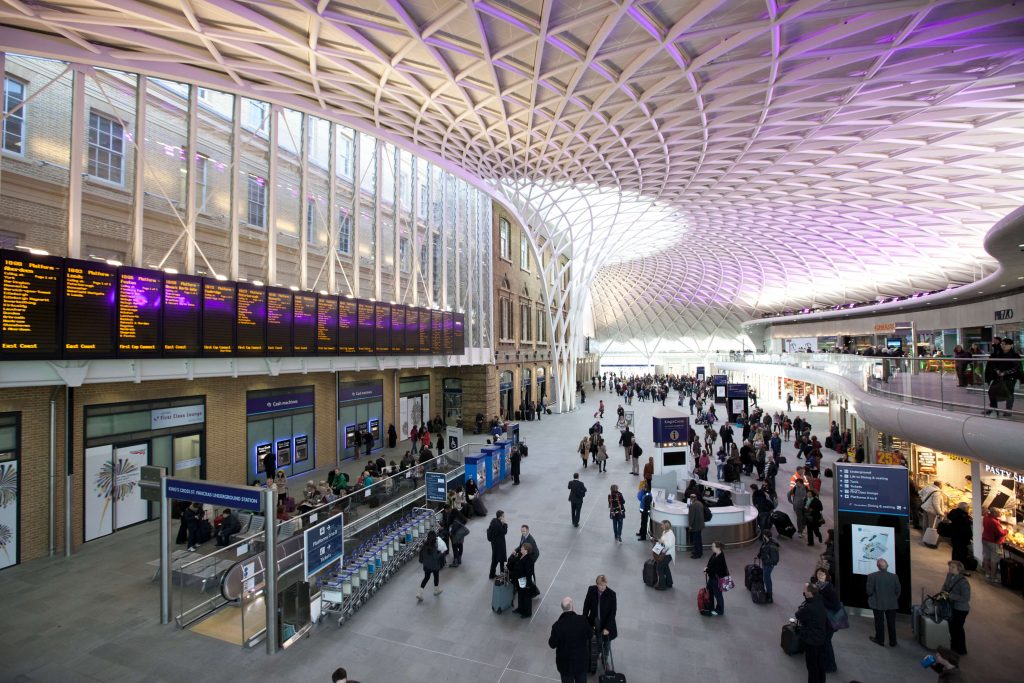
Why do we do major work over weekends and bank holidays?
We know there will be lots of passengers who would like to travel by rail during these times but doing as much work as we can while the railway is much quieter minimises disruption, which is important to us.
The quietest periods for line closures – which help us complete vital improvements and maintenance – are bank holidays, Sundays and night times.
Our investment in the railway – The Railway Upgrade Plan – will allow trains to run more frequently, faster, and will improve the reliability of the rail network, reducing delays.
When we need to carry out planned engineering works, such as replacing tracks or upgrading signalling systems, we might need to close a section of track for 24 hours or longer to complete the upgrade work efficiently and safely.
Passenger and freight trains run 24 hours a day, 365 days a year, so there’s no time when the network isn’t being used, meaning our work can cause some disruption for passengers and businesses.
How we’re reducing the time planned works take
We’re constantly investing in new machinery and processes to speed up our planned works.
For example, our High Output teams replace tracks overnight using an efficient track relaying system. This significantly reduces our time on track – and disruption for passengers.
Furthermore, engineering innovations mean trains can often now run on the line at full speed straight after track renewal work, so there are fewer delays to timetables caused by slow trains, and better journey times for passengers.
Track renewal typically requires a temporary speed restriction on the line for a week after the work is finished, so the ballast – the stones beneath the track – can settle. Now, improvements in technology create a strong foundation straight away, so this isn’t necessary.
